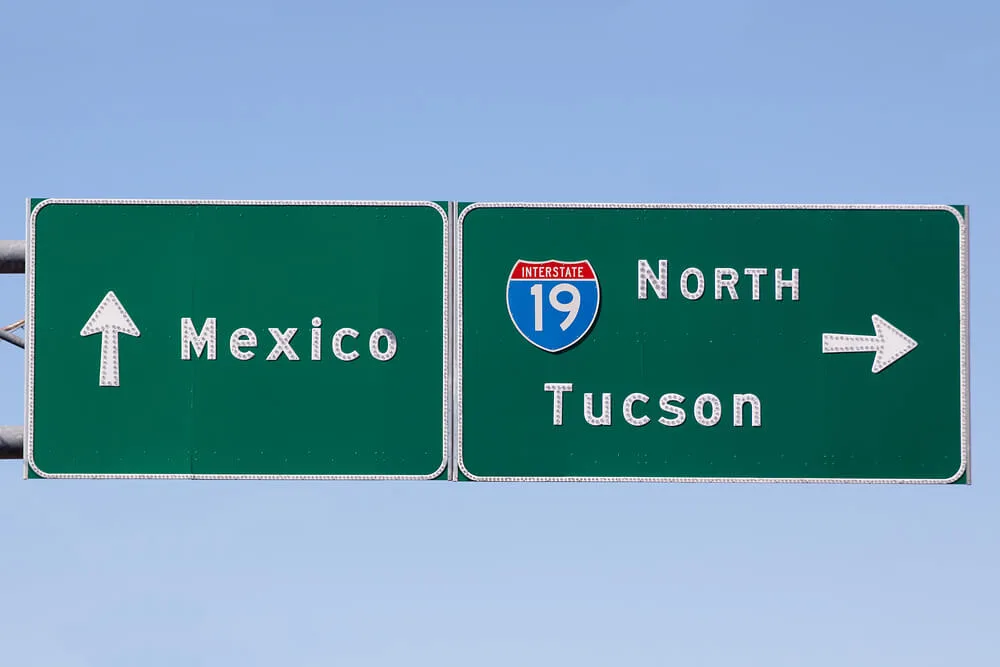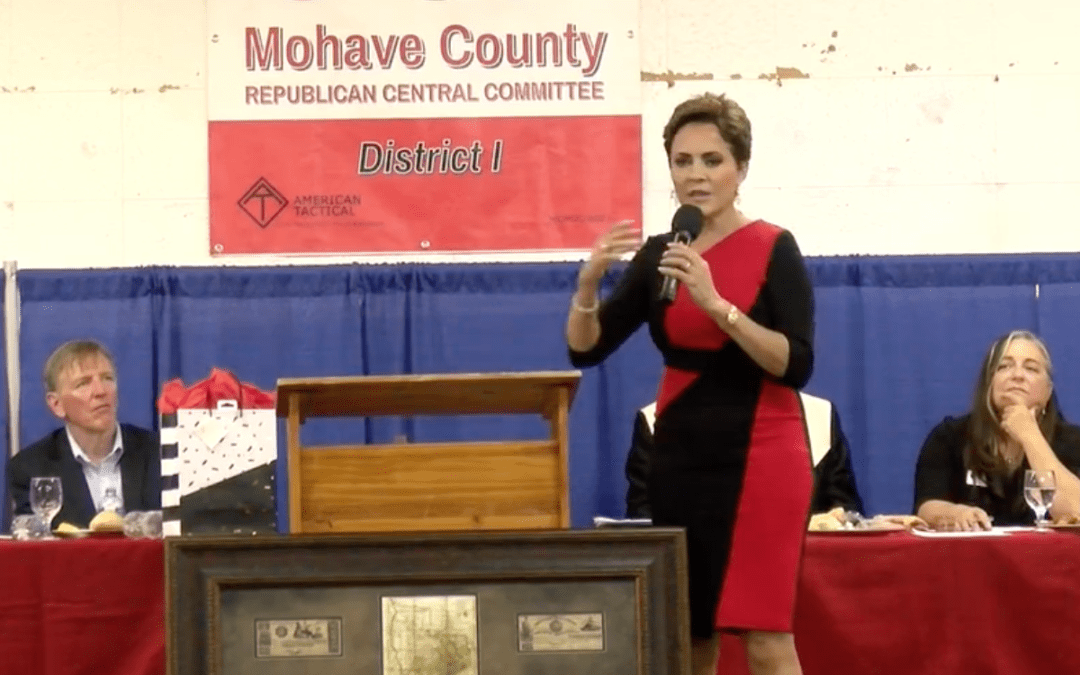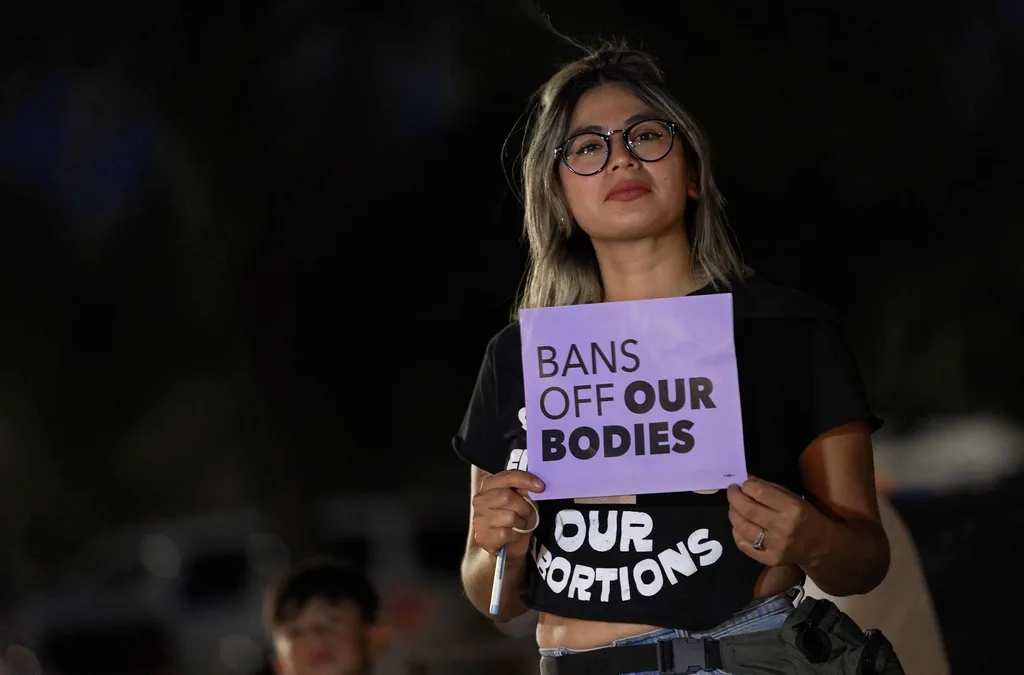
Mayor Regina Romero and City Council Member Steve Kozachik addressed a last-minute agenda item on the federal Remain in Mexico program Tuesday to take a stand against what the council deems an “inhumane” policy.
The Tucson City Council voted unanimously Tuesday evening to formally oppose a federal program that plans to bus asylum seekers from Tucson to Juarez, where they must remain while their asylum application is reviewed.
Opposition to the policy comes from Council Member Steve Kozachik and newly-elected Tucson Mayor Regina Romero, who filed the agenda item for the memorial shortly after being sworn into office on Monday. During the council meeting, Romero said she wanted to have the memorial voted on during her first formal council meeting as mayor “to make a statement as to how this particular council feels in terms of the inhumane policies coming from the federal government.”
The Department of Homeland Security’s Migrant Protection Protocols (MPP) – commonly known as the “Remain in Mexico” policy – expanded into Tucson after DHS reported a nine percent increase in area migrant crossings from October 2018 to October 2019. The policy requires migrants seeking asylum who enter the country through Arizona to be bused to Texas, then Mexico, where they stay until their U.S. court hearing.
More than 55,000 migrants have been sent to Mexico to await trial as part of the policy since it began in late January. However, only 47% of migrants apprehended are originally from Mexico, leaving more than half of those apprehended detained in a foreign country.
The federal agency did not state how many migrants have been granted asylum in its report, only that roughly 13,000 court cases had been completed. Customs and Border Protections estimates there are currently 20,000 being detained, and asserts that the remaining 22,000 migrants “have chosen to abandon their claims.”
Romero, formerly a Tucson city council member, has long been a vocal voice for immigrant rights. During her inauguration, Romero credited civil rights leader Dolores Huerta as an inspiring figure in her life, and told the crowd, “Never in my wildest dreams could I have imagined that the daughter of immigrant farmworkers would be here today starting a historic journey with you as your mayor.”
Dinah Bear, chairwoman for immigrants rights group Humane Borders, thanked the council during the meeting for speaking out on a policy she believes to be “inherently wrong, immoral,” and “will be found by courts to be illegal.”
Bear, who served on the President’s Council on Environmental Quality under several administrations, added that the policy targets individuals attempting to legally gain entry into the country.
“These people are individuals who have been released by government agencies to the community,” she said.
In addition to suspending the MPP in Tucson, the memorial requests that the federal government fund the city’s local efforts to shelter migrant families seeking asylum.
“There’s nothing in this process that is protective of the people who are being subjected to this,” Kozachik stated during the council meeting. “The opposite of that is this city that has been, for the last five years, helping over 35,000 migrants through this community.”
Romero told Arizona Public Media she added the memorial to the agenda because she and Council Member Kozachick wanted to make a point that the mayor and council will not back down on issues of immigrant rights in the Tucson community.
But memorials have little teeth policy-wise. Used as an expression of unity surrounding political issues, the council’s passage of a memorial does not change any laws or prevent DHS from implementing the MPP in Tucson. Now that the memorial has passed, the city will send it to President Donald Trump and the members of Arizona’s Congressional delegation.
Romero said she felt it morally imperative that one of her first acts as mayor should be expressing solidarity with the immigrant community.
“In a place like Tucson, that has a history of being an immigrant-welcome community, we feel that it is inhumane.”
Politics

He said what? 10 things to know about RFK Jr.
The Kennedy family has long been considered “Democratic royalty.” But Robert F. Kennedy, Jr.—son of Robert F. Kennedy, who was assassinated while...

Kari Lake calls on Arizona county sheriffs to enforce 1864 abortion ban
Republican candidate for US Senate Kari Lake on Saturday seemed to solidify her support for Arizona’s total abortion ban and called on county...
Local News

Biden marks Earth Day by announcing $7 billion in solar grants
The Biden administration on Monday announced the recipients of its Solar For All Program, a $7 billion climate program that aims to lower energy...

Opinion: Don’t think Arizona abortion bans are harming women? Think again.
This is part TWO in a series on the increase in violence against women since the US Supreme Court overturned Roe v. Wade, and the future of abortion...





